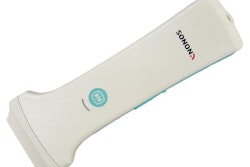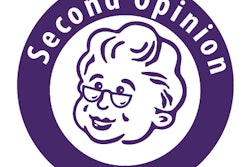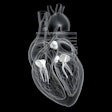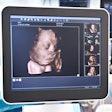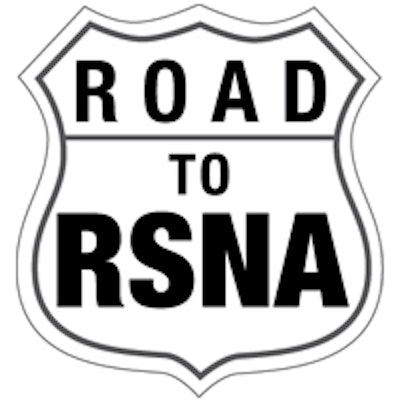
Can telerobotic ultrasound effectively perform abdominal exams? Could ultrasound tomography replace breast MRI? Does ultrasound boost the effects of chemotherapy in pancreatic cancer patients? And is whole-breast ultrasound really necessary for women who are undergoing tomosynthesis?
At the upcoming RSNA 2016 meeting in Chicago, researchers will address these questions and many more. Key themes this year will include how ultrasound can help clinicians make better staging and treatment plans, distinguish between benign and malignant lesions, and track healing.
You'll hear research on using high-intensity focused ultrasound to treat fibroids, how musculoskeletal shoulder ultrasound can help evaluate rotator cuff injuries, the benefits of using weight-bearing ultrasound to triage patients with medial knee pain, and how contrast-enhanced ultrasound (CEUS) can characterize malignant versus benign focal liver lesions.
As for breast imaging, presenters plan to discuss topics as varied as how ultrasound can help predict breast cancer's chemotherapy response, even before changes in tumor size are seen; the pros and cons of whole-breast screening ultrasound versus contrast-enhanced digital mammography; whether CEUS is a viable alternative to surgery for lymph node staging; and if the axilla really needs to be included when women undergo supplemental screening breast ultrasound.
If you need to refresh your skills, RSNA 2016 has got you covered, with a bevy of courses that will address gynecologic, musculoskeletal, renal, and thyroid ultrasound, as well as interventional sonography and molecular imaging.
Finally, look for sessions on emerging technologies, such as elastography and using ultrasound with microbubbles as a molecular imaging technique, in addition to a few hot topic sessions that will explore how to identify the Zika virus on ultrasound and using the modality for pelvic imaging in the emergency department.
For highlights of some of the many ultrasound research papers and posters scheduled for presentation at this year's meeting, read on. To view RSNA's complete listing of abstracts for this year's scientific and educational program, click here.







